Voting began in the Netherlands on Wednesday in a tightly contested national election that is being seen across Europe as a major test of the power of the far right.
Polls show firebrand populist Geert Wilders and his Freedom Party (PVV) holding a slight lead over centrist rivals, splitting the field into four.
What’s at stake in the Dutch elections?
The vote could determine whether Dutch voters double down on Wilders’ anti-immigration platform or swing back toward the political center after two years of unstable conservative rule. Their previous coalition collapsed in June when they withdrew support over immigration policy disputes.
Wilders, who calls himself “Dutch Trump”, has campaigned to reject all asylum applications – a move that would violate EU treaties – and redirect development aid toward domestic spending. “People are fed up with mass immigration and culture change,” he told AFP news agency before the vote.
Wilders’ chances of becoming prime minister appear slim. All major parties, including the centre-right People’s Party for Freedom and Democracy (VVD) and the conservative Christian Democrats, have ruled out governing with him.
“It is impossible to tell right now who can win the election because four parties are tied for first place,” Sara de Lange, a political scientist at Leiden University, told AFP.
Polling stations were opened before dawn for the convenience of commuters, with the first reliable exit polls expected after polling closed at 9 pm local time. Polls show that nearly half of Dutch voters are undecided, underscoring widespread political instability.
The PVV faces new competition from the Christian Democrats, led by new leader Henri Bontenable, who promise stability and “traditional values”, and from the centrist D66, led by Rob Jetten, who has gained ground with a message focused on housing and education.
The Netherlands’ fragmented system ensures that no single party will reach the threshold of 76 seats to govern alone, meaning that lengthy coalition talks are almost inevitable – and the country’s political direction still hangs in the balance.
Why is the Netherlands voting now?
Wilders opened the election by withdrawing the PVV from a fragile four-party government following a dispute over immigration quotas and family reunification rules, a move that broke the coalition and forced an early vote.
Their performance in the EU’s fifth-largest economy will be seen as a measure of how far-right parties are reshaping European politics, with nationalist movements also topping the polls in France, Germany and Britain.
Edited by: Kieran Burke
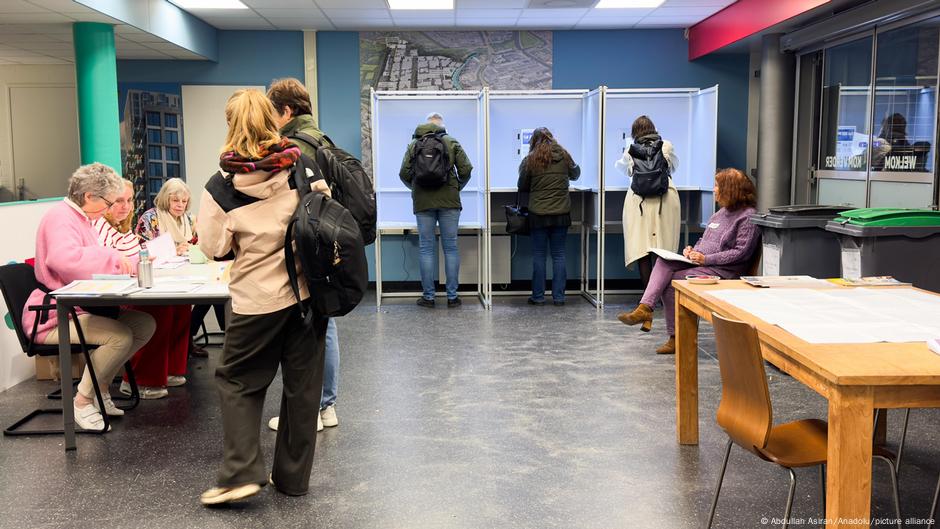
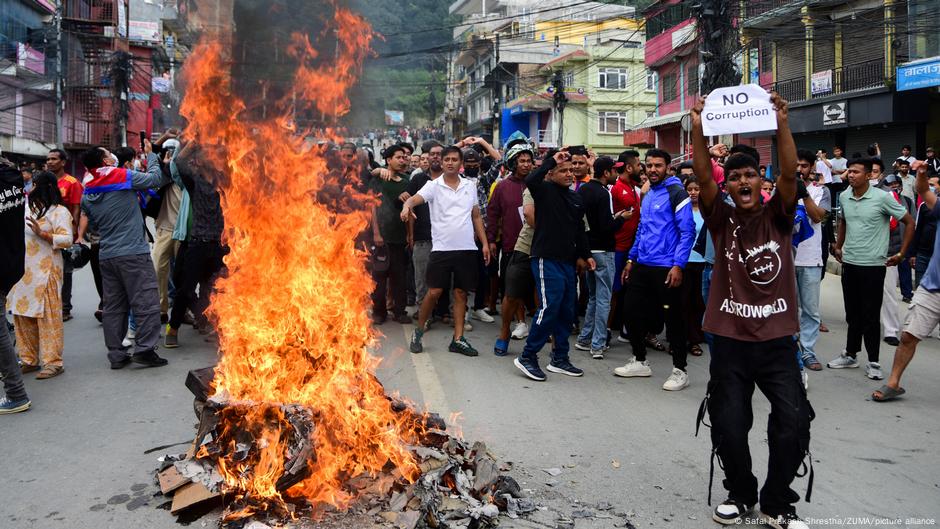
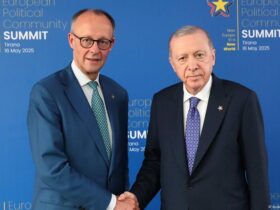
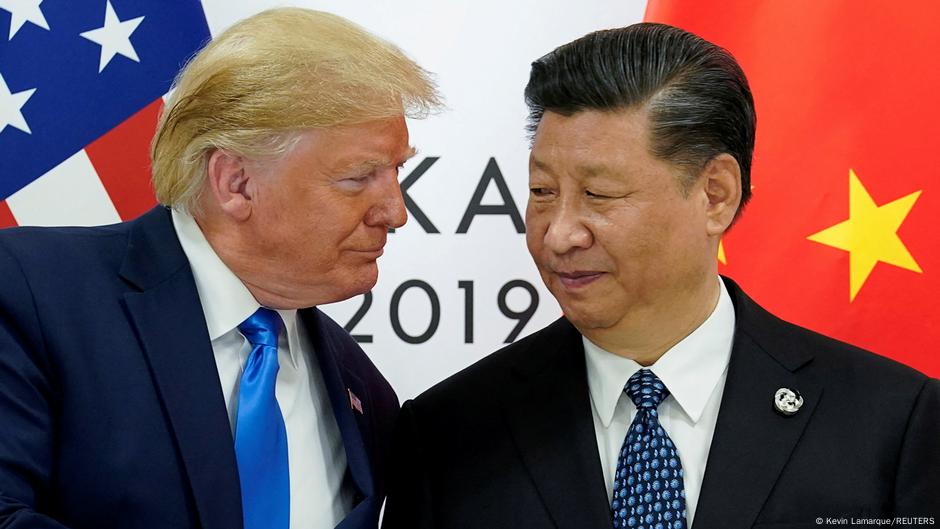

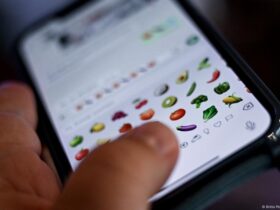
Leave a Reply